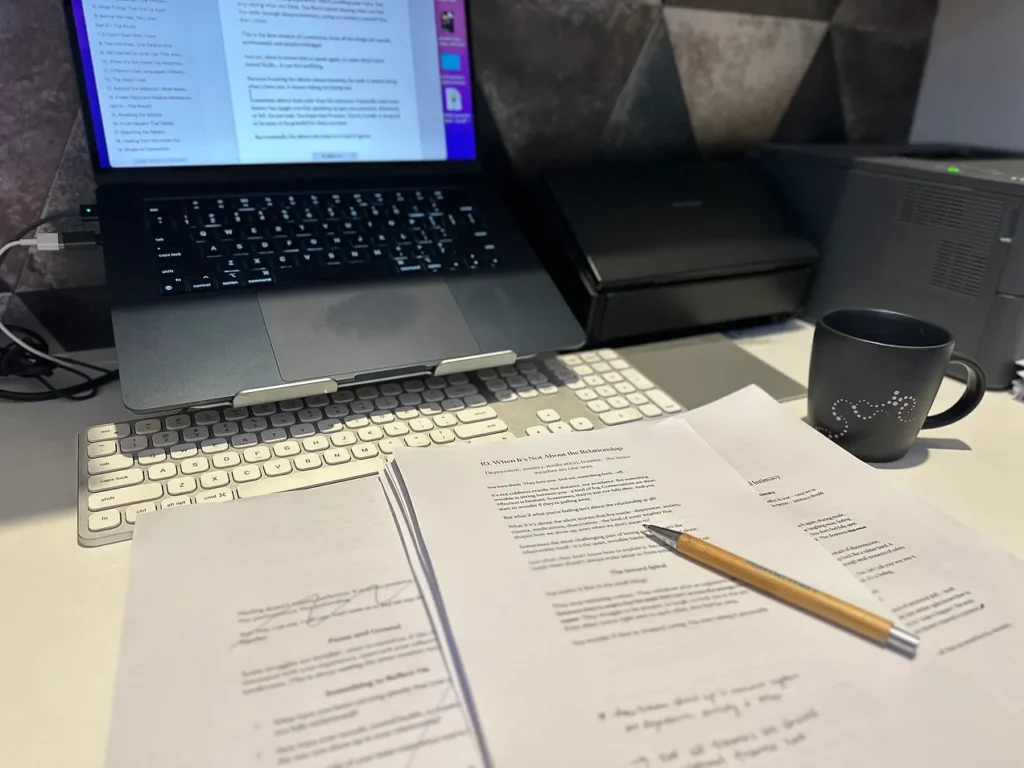My editor said, “Change the title, or rewrite most of the book.” And her words stopped me cold.

When I first began writing this book, I thought the most difficult part would be putting the words on the page.
It turns out, the real challenge (also a gift) has been reading them back.
Editing a book this personal isn’t just about rearranging sentences or fixing grammar. It’s about revisiting ideas and moments that have shaped me, and realizing they still have more to teach me. Some chapters make me smile because of how far I’ve come since writing them. Others make me pause, as they remind me of lessons I don’t want to forget.
Each pass through the manuscript feels like I’m both the writer and the reader, absorbing the very insights I want to share. It’s a reminder that healing isn’t a one-time event. It’s a cycle of remembering, applying, and living what I’ve learned, again and again.
This process has been surprisingly healing. With each edit, I understand more clearly how the threads connect not only throughout the book but also within my own understanding.
And then came the moment when my confidence faltered. My editor shared some harsh truths: either change the title or reframe two-thirds of the book to match it. I remember staring at her email, my chest tightening.
I knew deep down this was the title I wanted. It’s the heart of what I want to express, and the thought of changing it made my heart sink. But if I kept it, could I pull it off? Could I reshape so much of the book without losing what mattered most? I had no idea yet what that would require. I couldn’t review her comments until the next day, so I spent the whole night feeling anxious and a little lost, wondering what I should do.
It was only after I sat down with the manuscript that I understood. Her perspective differed from mine, and from her view, another theme in the book had become strong enough to compete with the title. It wasn’t as bad as I feared. I could keep it. I just needed to reframe some chapters so that the entire book conveyed the promise of that title from start to finish.
Although her feedback could be confronting, I recognized its value. She helped me step back from my attachment to the manuscript and consider how a reader might perceive it. That meant toning down the secondary title she felt conflicted with the main one and ensuring every chapter reflected its essence.
It also made me pay closer attention to my language. I had to resist the urge to overspiritualize hurtful behaviors or explain them away as fear. Even though many of these behaviors have explanations backed by research, I’ve learned that sometimes it’s best to leave them as they are. Sometimes, people are simply cruel, and for some readers, having that named without softening is part of their healing.
Of course, there were other challenges. My first draft was 83,000 words. I cut it down to 79,000, feeling accomplished, until I learned that most self-help books are closer to 55,000–60,000 words. That meant trimming even more. Letting go of certain sections was hard. I worried I might lose the depth. But I have to trust that depth isn’t about how much I say, but about saying just enough for the reader to feel it and leaving space for them to find their own meaning.
Initially, I was committed to meeting the deadline I promised my publisher, working late into the night to finish it. However, I later realized that rushing wasn’t benefiting the story or the message. So I decided to delay the launch from late November to mid-January. It was a tough choice, but the right one. It provides us with more time for marketing, and it has given me more breathing room as a writer.
Now I’ve been living with this second draft for a month, making the changes, letting them settle, and preparing to send it back to my editor. It’s a different pace, one that feels much more in line with what I’m writing about in the first place.
Looking back, that 83,000-word version feels like a different lifetime. When I started editing based on my editor’s feedback, I saw many flaws in that first draft. Still, I’m grateful for it because it laid the groundwork for everything that came afterward.
I’ll never forget how my partner read every single word of that long, imperfect manuscript. That couldn’t have been easy, but he read it anyway. And he told me not to throw it away. Even if it wasn’t the version the world would see, it was still months of effort, insight, and heart. In that moment, I felt so supported because he saw not just the book, but the work, the care, and the love that went into it. I felt deeply loved and humbled at the same time.
It’s been an incredible journey. I’m still figuring out the marketing side, but for now, I’m taking one step at a time and trusting I’ll learn the rest as I go.
When the book finally reaches you, it won’t just be a finished manuscript. It will be a reflection of my growth, shaped through both the writing and the rewriting, and shared in the hope that it can inspire something in you, too.


